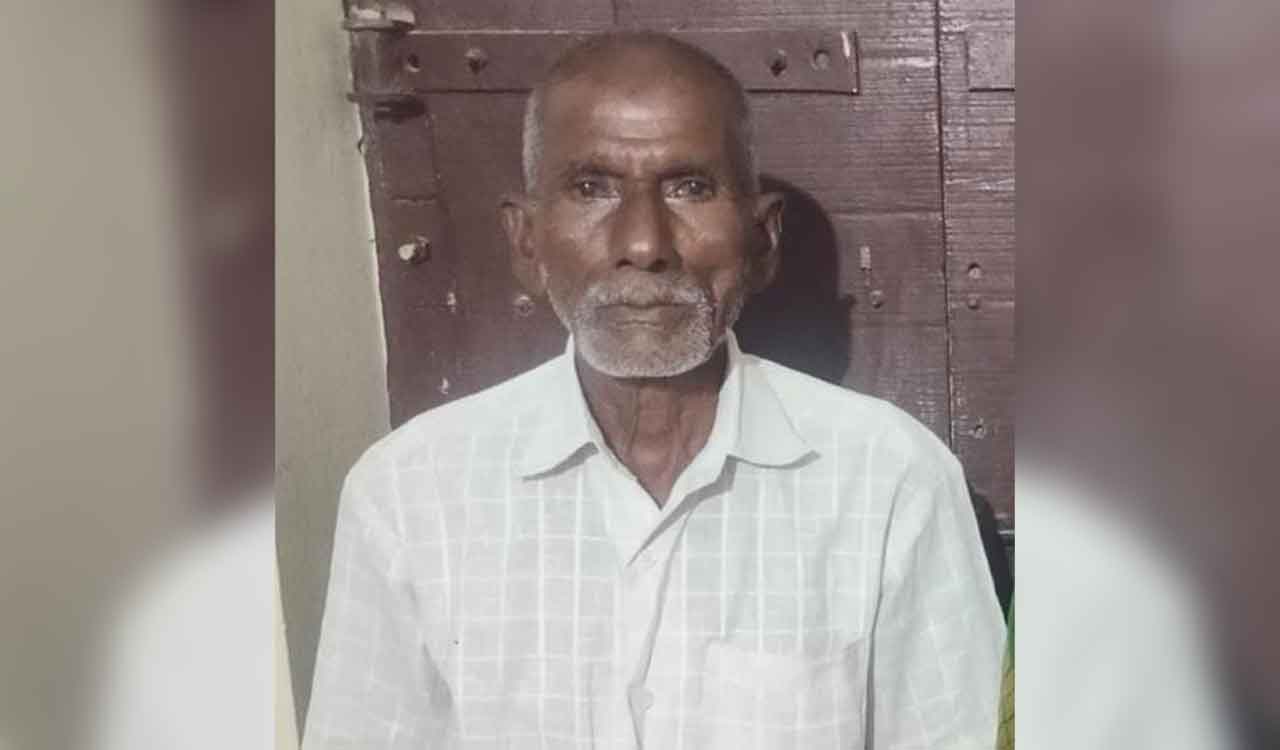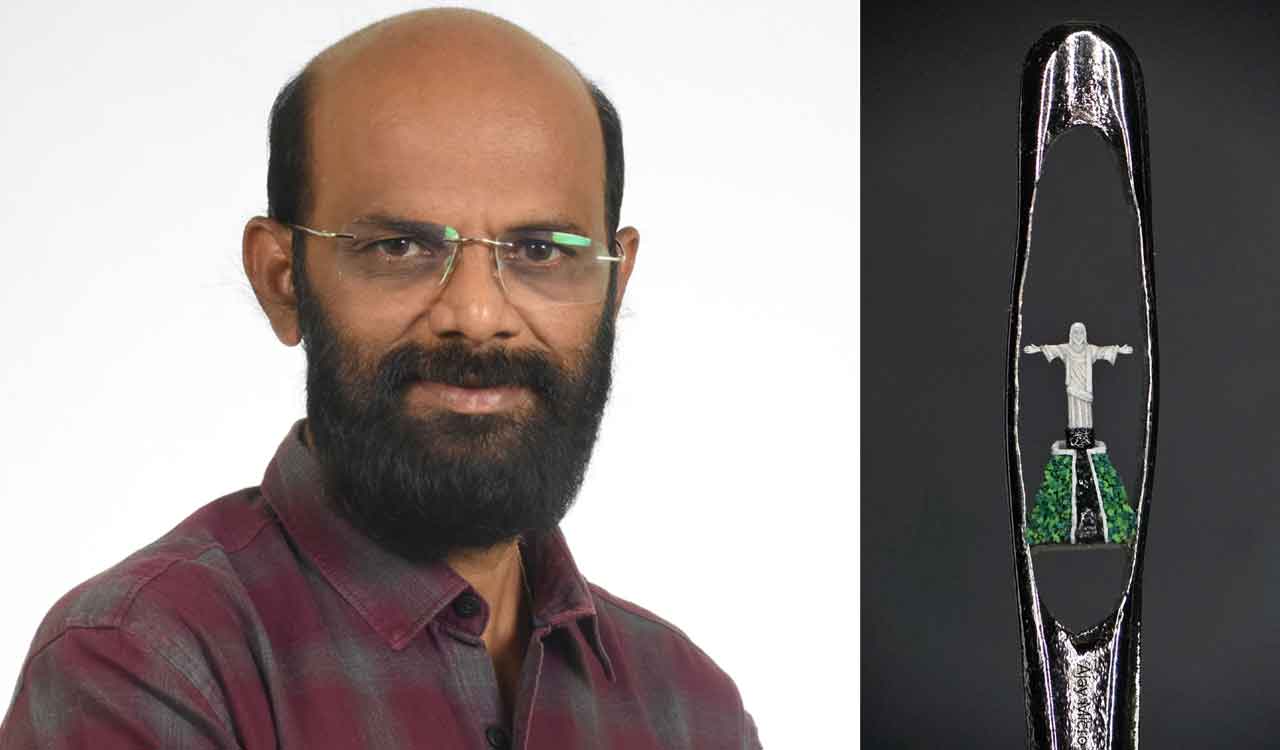Donor organs: Demand, supply gap a challenge
There are more than 50,000 individuals across the country who are in the waiting list for donor organs, according to Union Ministry of Health and Family Welfare

There are nearly 12,500 patients in Telangana who are in the waiting list for a donor organ from deceased brain dead individuals under Jeevandan organ donation initiative.
There are more than 50,000 individuals across the country who are in the waiting list for donor organs, according to union Ministry of Health and Family Welfare (MOHFW), while the supply of donor organs is in hundreds. The gap between demand and supply of donor organs and the challenges in organ donation and transplantation is universal and not just limited to individual states.
When it comes to organ donation from brain dead victims, Telangana is the number one State in the country for registering maximum organ retrievals from deceased brain dead victims. Last year, Jeevandan had its best year (since its launch in 2013) by managing to retrieve 716 organs and tissues from 194 brain dead individuals and allocating them to the needy patients.
Overall, in the last few years, the number of organs retrieved from brain dead victims and transplantations taken-up across India has increased. Based on the data from National Organ and Tissue Transplant Organization (NOTTO), in 2013, a total of 4,990 organ transplants were conducted and in 2022, the transplant surgeries increased to 15, 561, which is a jump of over 200 percent in nearly a decade.
Despite the marked increase/improvement in organ donations, the fact remains that the waiting list of registered patients and unregistered patients (those who have not registered with State-level organ donation initiatives) needing donor organs across the country runs into lakhs while the availability is in hundreds.
Even if a patient in the waiting list ends-up getting a donor organ, complications and challenges will continue to remain after organ transplantation, as they have to struggle with the threat of the organ rejection and compromised immunity due to the heavy load of immunosuppressant. Despite undergoing organ transplantation, there is always a question mark over the quality of life, as patients need to be extra vigilant from the body rejecting the donor organ.
Options left for individuals?
Instead of experiencing the trauma of having to undergo treatment for a failed internal organ or wait for a deceased donor organ, without any hesitation, public health specialists and superspecialty doctors advocate prevention being better than cure. Adopting major changes in lifestyle, eating and sleeping habits can go a long way in limiting the damage to organs.

Related News
-
Cartoon Today on December 25, 2024
3 hours ago -
Sandhya Theatre stampede case: Allu Arjun questioned for 3 hours by Chikkadpallly police
4 hours ago -
Telangana: TRSMA pitches for 15% school fee hike and Right to Fee Collection Act
4 hours ago -
Former Home Secretary Ajay Kumar Bhalla appointed Manipur Governor, Kerala Governor shifted to Bihar
4 hours ago -
Opinion: The China factor in India-Nepal relations
5 hours ago -
Editorial: Modi’s Kuwait outreach
5 hours ago -
Telangana HC suspends orders against KCR and Harish Rao
6 hours ago -
Kohli and Smith will be dangerous and hungry: Shastri
6 hours ago




